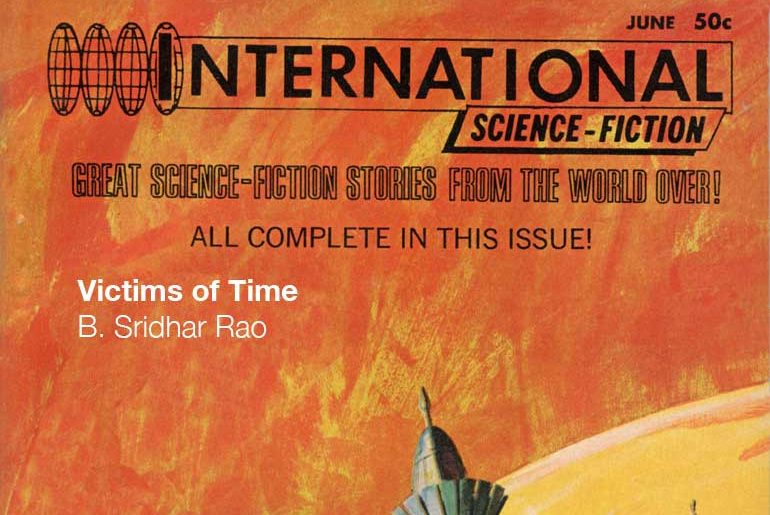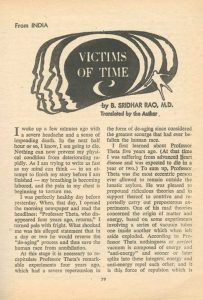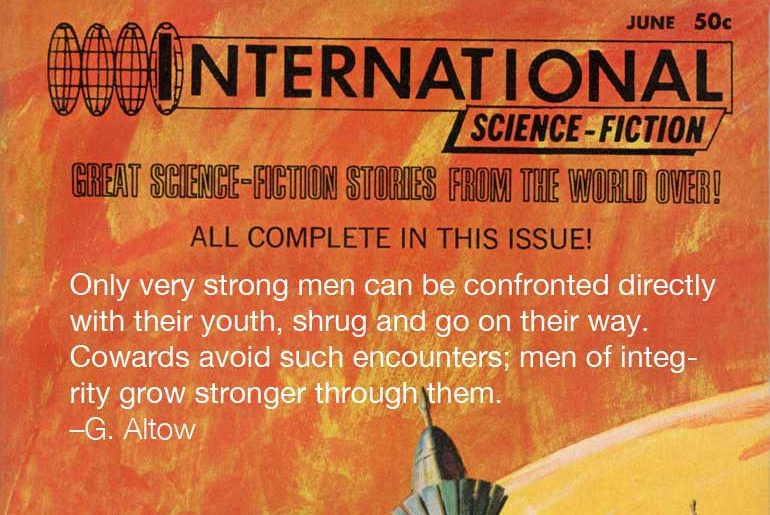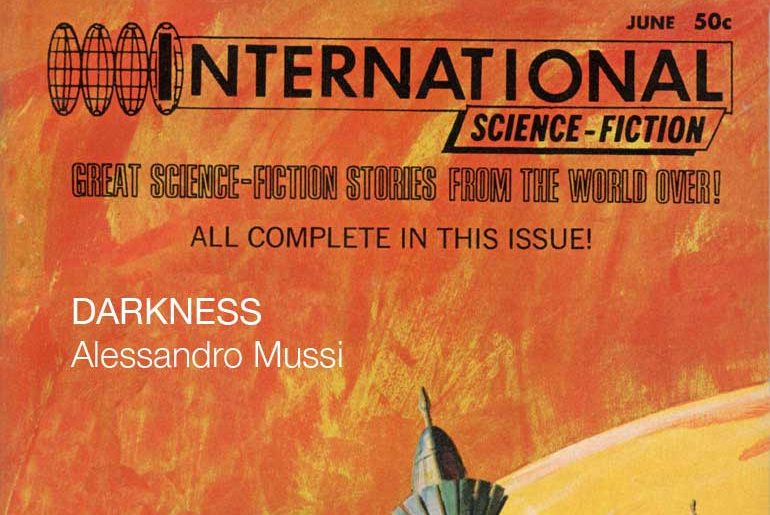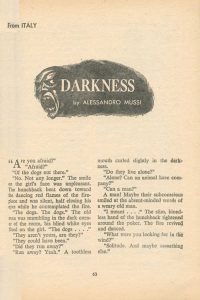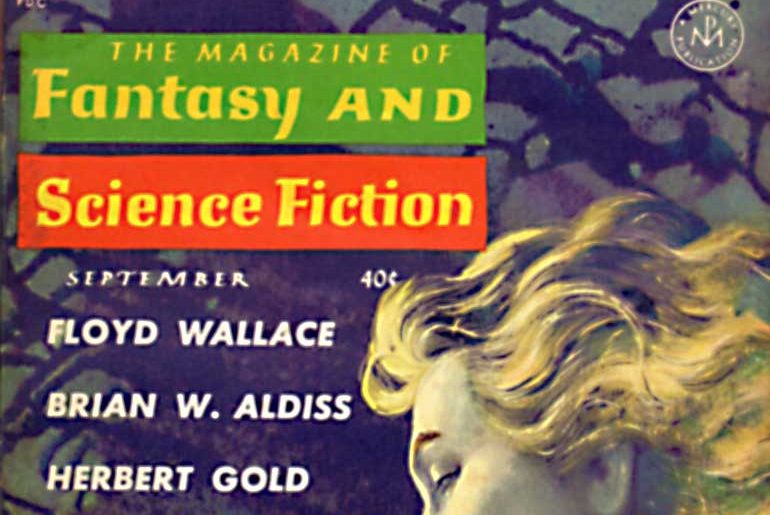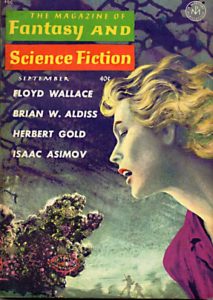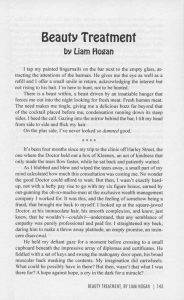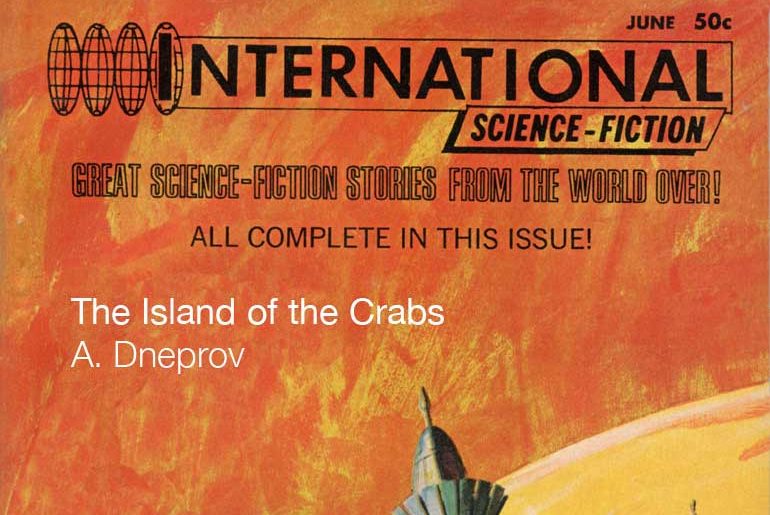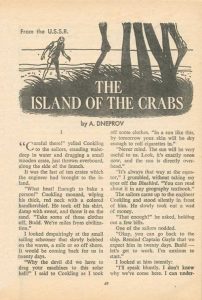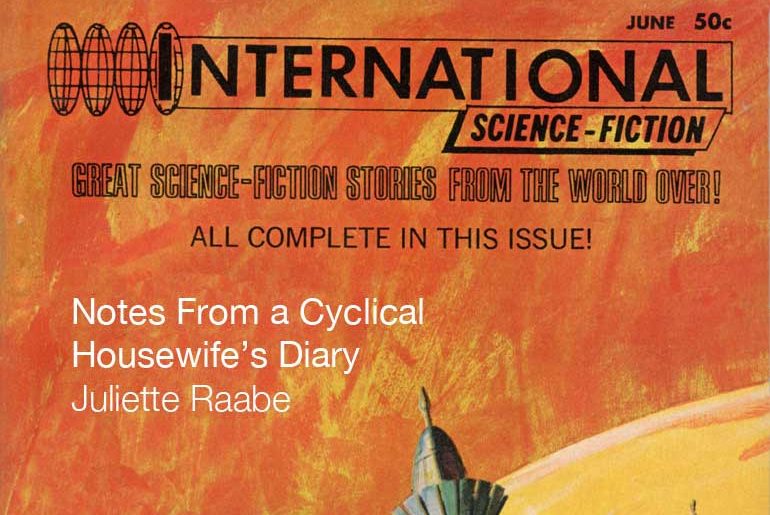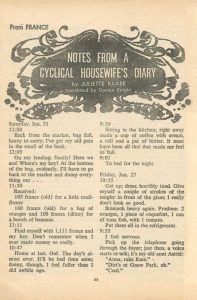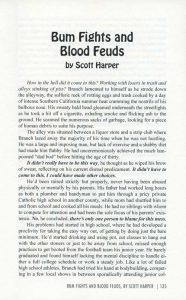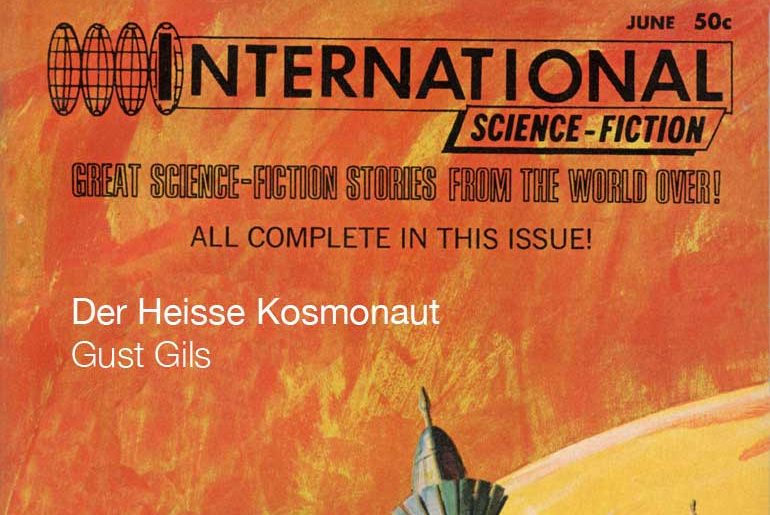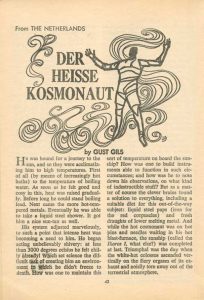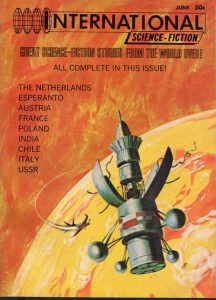 From International Science Fiction No. 2 (June 1968):
From International Science Fiction No. 2 (June 1968):
From Poland, “Heroic Symphony” by G. Altow, translated by George T. Zobrowski, was also the subject of ISF #2’s cover painting by Jack Gaughan. A probe, sent into deep space to the star Van Maanena forty years ago, is returning to Earth. The old man who designed is joined by a young man at a nearly deserted spaceport in the mountains. Neither character is named. The youth is young enough to be the older man’s grandson.
The younger defers to the old man’s deliberate, quiet approach, controlling his initial impulses at times, on faith alone. This interplay between the exuberance of youth and the experience of age are as much a part of the story as the action.
When the probe arrives, it plunges into a nearby lake, then bobs to the surface. A small “vehicle” detaches itself from the ship and heads for the shore, for the hanger. The youth comments on its clever design like an amphibious sled.
The old man explains the development problems with the robots.
“They had to be able to travel over the roughest terrain imaginable. Some moron built a robot that was man-like. What nonsense! Why should we duplicate all of man’s bodily defects? The results were disastrous. Finally we built this sled-amphibian and yet it still doesn’t solve all the problems.”
The old man methodically examines the robot’s exterior and concludes it has been completely torn down and reassembled by some beings of extraordinary intelligence.
The star Van Maaena has one planet, and the beings who live there live in a world of anti-matter. The same atoms, but instead of electrons, positrons, protons, neutrons, mesons—anti-protons, anti-neutrons, and anti-mesons.
The aliens had learned how to safely cross the void between matter and anti-matter. When the two men hear the robot’s audio recording they learn the aliens are on their way to Earth.
Genrikh Saulovich Altshuller (1926–1998) was imprisoned as a preteen for political reasons, under the Stalin regime. The experience left impressions that remained throughout his life. In “Heroic Symphony” he wrote:
Only very strong men can be confronted directly with their youth, shrug and go on their way. Cowards avoid such encounters; men of integrity grow stronger through them.
After his release he went on to become an engineer and created the Theory of Inventive Problem Solving, known by its Russian acronym TRIZ. He served as the first President of the TRIZ Association. He began writing science fiction in the 1950s under the pseudonym Genrikh Altov (Altow), often with his wife, Valentina Zhuravleva. Only a handful of his stories have been translated into English. He died on September 24, 1998 from complications of Parkinson’s disease.
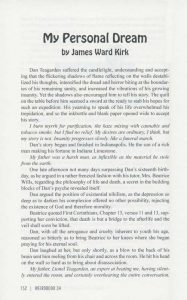 From Weirdbook No. 34:
From Weirdbook No. 34:

